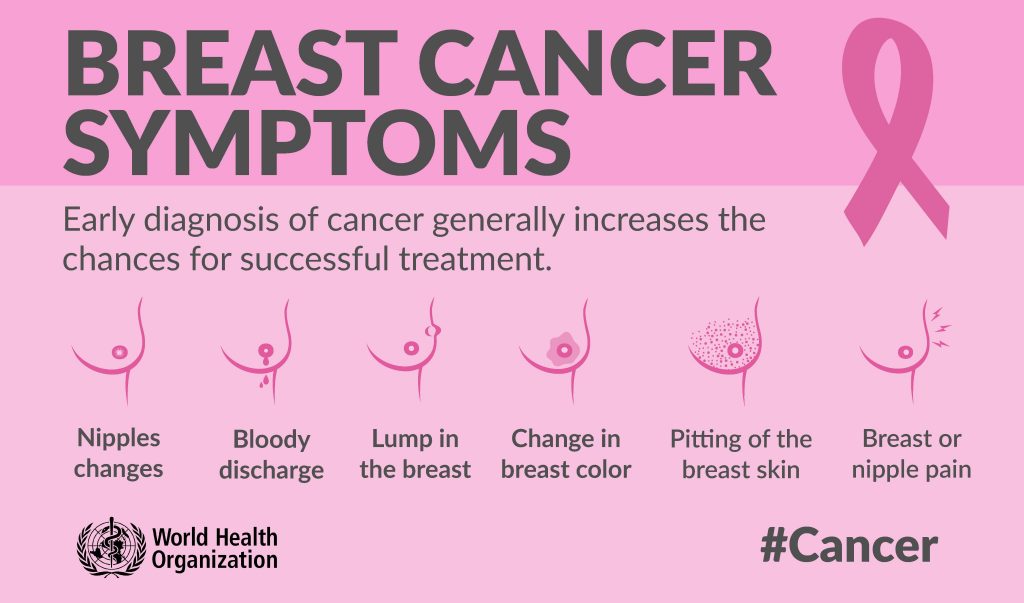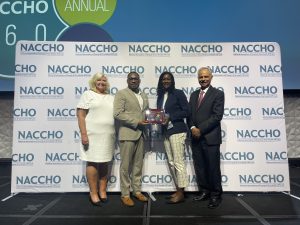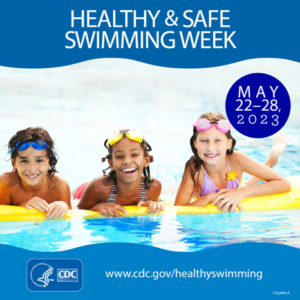GWINNETT COUNTY, GA – Hepatitis A infection has been diagnosed in a server at Lolita’s Bar and Grill located at 472 Buford Drive in Lawrenceville, GA. Individuals who ate at the restaurant from Oct. 24 – Nov. 7 may have been exposed to the infection and should contact their healthcare provider or the Gwinnett County Health Department to determine if a hepatitis A vaccine is needed to prevent illness.
Hepatitis A vaccine is available at the Gwinnett County Health Department to exposed individuals with no out-of-pocket cost, regardless of insurance status.
Hepatitis A is a contagious viral infection that can cause loss of appetite, nausea, tiredness, fever, stomach pain, brown colored urine, light-colored stools and yellowing of the skin or eyes. Symptoms usually begin 2 – 7 weeks after exposure and generally last less than 2 months but can last as long as 6 months. Some individuals with severe symptoms of hepatitis A require hospitalization.
Hepatitis A spreads when a person unknowingly ingests the virus from objects, food or drinks contaminated by small, undetected amounts of stool from an infected person. Hepatitis A can be spread when restaurant workers infected with hepatitis A don’t wash their hands thoroughly after using the bathroom.
Anyone who consumed food or drink at Lolita’s Bar and Grill from Oct.24 – Nov. 7 is asked to:
- Seek hepatitis A vaccination within 14 days of exposure if you have not previously been vaccinated for or had hepatitis A. If you have been vaccinated or have had hepatitis A previously, you are considered immune and do not need vaccine.
- Wash your hands with soap and warm water frequently and thoroughly, especially after using the bathroom and before preparing food.
- Monitor your health for symptoms of hepatitis A infection up to 50 days after exposure.
If you develop symptoms of hepatitis A, stay home and contact your healthcare provider or the health department immediately.
The restaurant has been cooperative with the health department’s investigation and has taken proactive measures including scheduling immunizations for susceptible employees and thoroughly cleaning and sanitizing the restaurant. Education on prevention of Hepatitis A transmission has also been provided.
Individuals with questions should call their healthcare provider or the Gwinnett County Health Department at 770-339-4260 (press 0 and ask to speak with the epidemiologist on call). An epidemiologist can also be reached after hours at 404-323-1910 or 866-PUB-HLTH. Additional information about hepatitis A can be found at:





